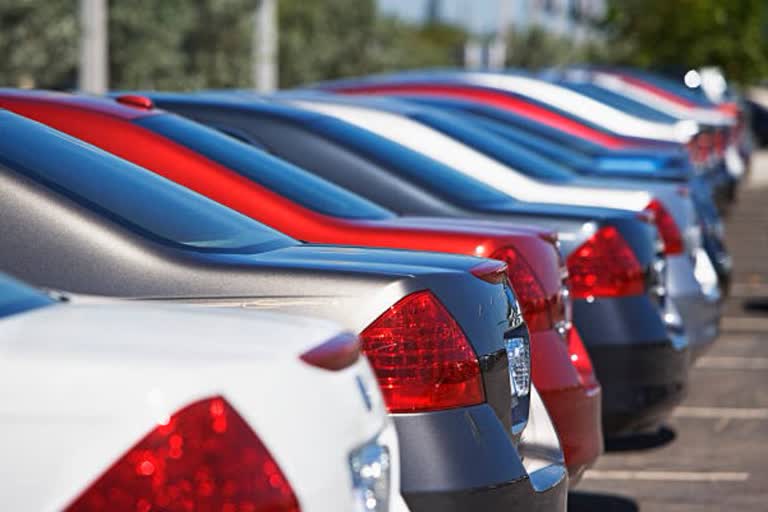New Delhi: Declining price gap between petrol and diesel is likely to accelerate shift towards petrol and CNG cars in the domestic passenger vehicle (PV) segment in the coming years, rating agency ICRA said on Wednesday.
According to an analysis by ICRA, diesel PV's share is expected to decline to 15-18 per cent in 2021-22 from 29 per cent in 2019-20, the rating agency said in a statement.
During this period, the share of diesel vehicles in the car segment will stabilise at around 5-7 per cent from 11 per cent, whereas the utility vehicle (UV) segment's share will gradually reduce to sub-40 per cent from 65 per cent, it added.
The entry-level, sub-Rs 5 lakh price segment, has almost entirely shifted to petrol and CNG, as it does not make financial sense for an average car buyer to opt for a diesel vehicle, ICRA noted.
One key challenge in this shift is the taxi segment that continues to account for a sizable share of overall diesel vehicle sales; and the government's initiative to push clean vehicles (CNG/LPG/hybrid) is yet to completely materialise, it added.
"With each passing day, the cost of owning a diesel PV is getting unviable. Retail diesel prices have been increased regularly in doses every month since January 2013 which has significantly narrowed down the retail price gap between petrol and diesel fuels," ICRA Vice-President and Co-Head (Corporate Ratings) Ashish Modani said.
Further, during the ongoing coronavirus pandemic, the increase in excise duties by the central government and value-added tax (VAT) by state governments to partly offset revenue losses further impacted fuel price gap, he added.
